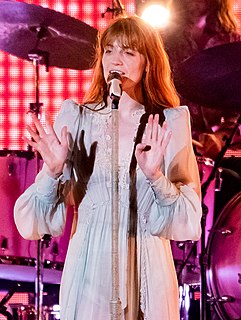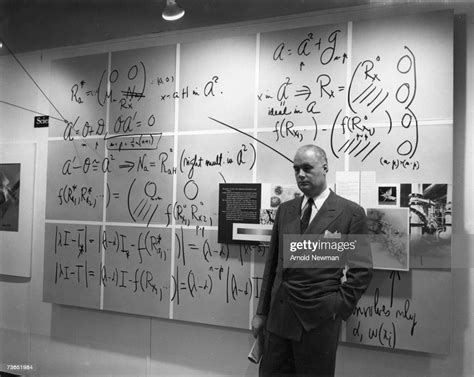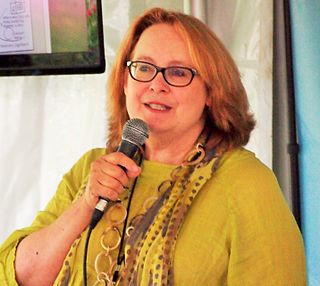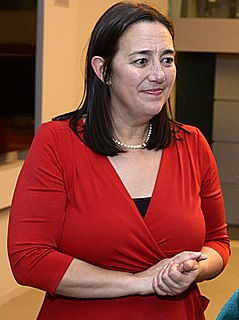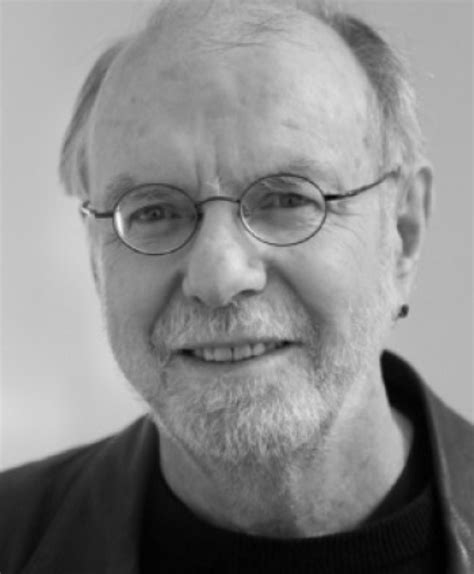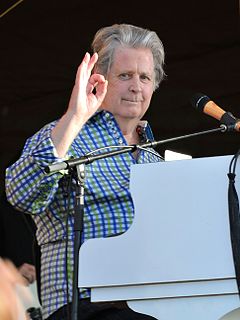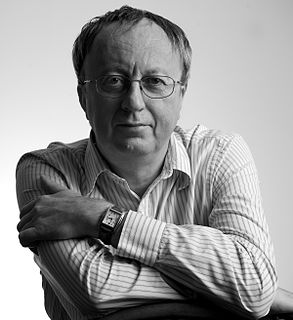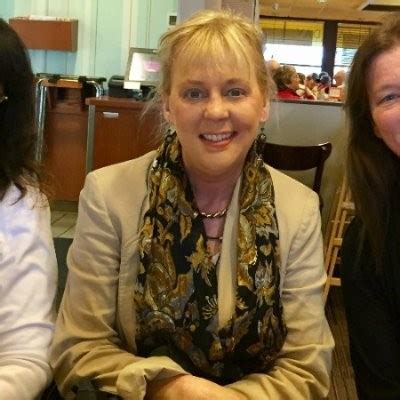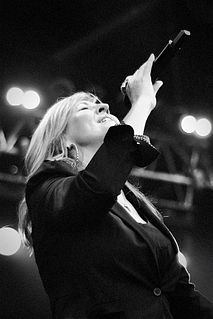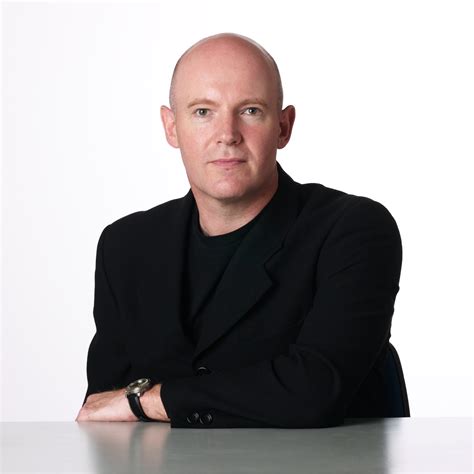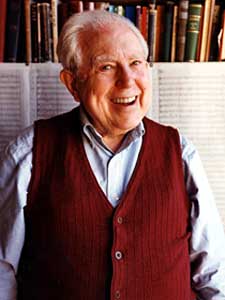Top 38 Auditory Quotes & Sayings
Explore popular Auditory quotes.
Last updated on November 25, 2024.
Intuition was not just visual but also auditory and kinesthetic. Those who watched Feynman in moments of intense concentration came away with a strong, even disturbing sense of the physicality of the process, as though his brain did not stop with the grey matter but extended through every muscle in his body.
I've played in bands myself, and sat on the floor photographing some of the greatest bands in the world while they rehearse. What's always struck me is how different the sensory, especially auditory, experience is when you're in the middle of the music with the musicians playing off each other around you.
When Robert Bly visited Interlochen Center for the Arts so many years ago, he spoke to the creative writing majors and said, "The eye reports to the brain, but the ear reports to the heart." Perhaps this is the thing that musicians can do that writers can't ever, quite, but it is what I aspire to, that sense/power of the auditory, and the belief that to hear more clearly is to see more clearly, and that to see more clearly is to feel more deeply.
I'm an actor, and, beyond that, the thing I do most compulsively is writing. So I come at it very much from this sense of character. I get interested in people. And I feel confident in my capacity to absorb and manifest the characteristics of people. I have a real auditory hang-up for dialogue; re-creating the way people talk really is an addiction in my brain.
The images are visual, auditory, olfactory, kinesthetic. They aren't laid down on the same tracks as thought. And sometimes, when they return to you, it is as if you feel them for the very first time. Memory lives on in the details, like the color of a room, a tone of a voice, the touch of a child, the smell of a man.
Being in worship and declaring you know, the truth of scripture through song and, you know, because music gathers all of who you are, it helps you in your auditory senses, it helps you scientifically. It says it helps you at a molecular level and, so doing all these things and then declaring the living word of God, I mean, there's nothing quite like it when you're hanging on for your life.
The most sensitive frequencies are at the resonant frequencies of the auditory canal. In other words, the ear has shaped itself to naturally amplify certain bandwidth. And that corresponds to sounds in that bandwidth that were most important to our evolving ancestors to hear, in order to survive. And it doesn't match the human voice. It matches birdsong.
What's always struck me is how different the sensory, especially auditory, experience is when you're in the middle of the music with the musicians playing off each other around you. I wanted to find a way to unlock the intensity of that, to recreate that unique perspective, first for the hundreds of people who attended the concert, and eventually for a much larger online audience.
The health of a nation, a society, can be determined by the art it demands. We have insisted of television and our movies that they not have anything to do with anything, that they be our never-never land; and if we demand this same function of our live theatre, what will be left of the visual-auditory arts - save the dance (in which nobody talks) and music (to which nobody listens)?
You know, mind allows us to portray in different sensory modalities, visual, auditory, olfactory, you name it, what we are like and what the world is like. But this very, very important quality of subjectivity, this quality that allows us to take a distant view and say, "I am here, I exist, I have a life and there are things around me that refer to me." That me-ness, M-E-hyphen, that is what really constitutes consciousness.
Given her deafness, the auditory part of the brain, deprived of its usual input, had started to generate a spontaneous activity of its own, and this took the form of musical hallucinations, mostly musical memories from her earlier life. The brain needed to stay incessantly active, and if it was not getting its usual stimulation..., it would create its own stimulation in the form of hallucinations.
We in the "developed" world seem to have many auditory strategies that insulate us from the presence of silence, simplicity, and solitude. When I return to Western culture after time in desert, mountain or forest, I discover how we have filled our world with a multiplicity of noises, a symphony of forgetfulness that keeps our won thoughts and realizations, feelings and intuitions out of audible range.
